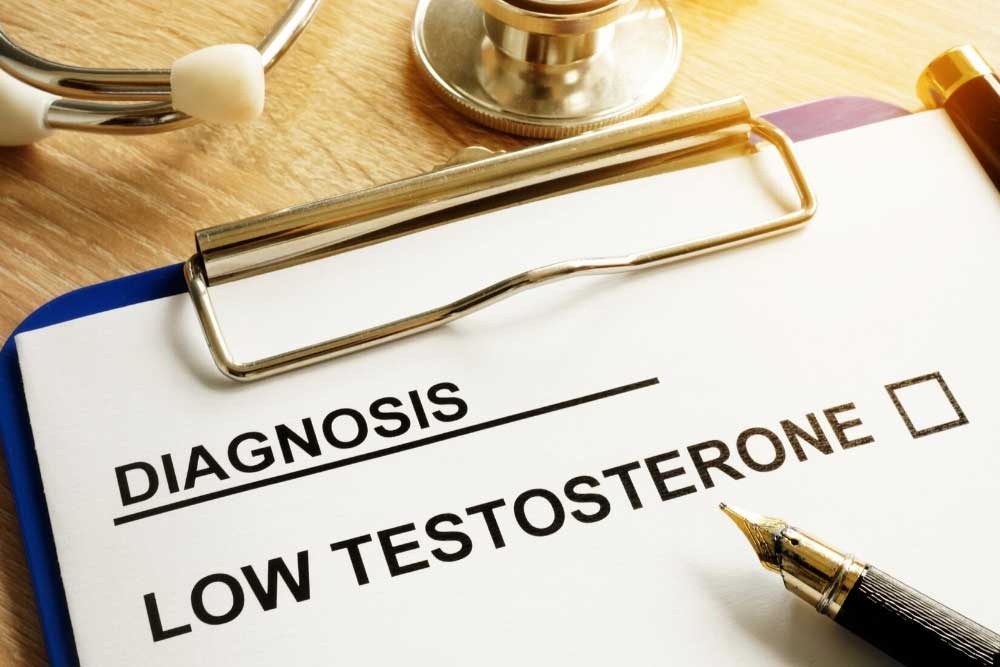Low testosterone levels in men, or hypogonadism, may affect more men in the U.S. than you think. In fact, it is estimated the 4 to 5 million men in the U.S. have experienced this.
Hypogonadism is a deficiency in male gonadal function resulting in insufficient testosterone secretion. This can be caused by testicular failure or hypothalamic-pituitary axis dysfunction, or both. As a result, it is difficult for a man to maintain testosterone-dependent functions.
Men can be diagnosed with hypogonadism at any age, but it is more prevalent in older males. Some of the signs and symptoms of low testosterone include:
- Loss of libido and erectile dysfunction
- Depressive symptoms
- A decrease in cognitive abilities
- A loss of energy
- A negative effect on bone mass
- A decrease in muscle mass
- Impaired sperm production
As a man ages, their testosterone levels start to decrease by 1 to 2% naturally every year beginning at age 40. The higher the percent, the worse the symptoms. However, there are risk factors that can speed up this process. These risk factors include:
- Injury or infection
- Chemotherapy or radiation treatment for cancer
- Medications, including hormones used to treat prostate cancer and corticosteroid drugs
- Chronic illness
- Stress
- Alcoholism
- Obesity
In order to diagnose low testosterone a doctor must give a physical exam, review the symptoms, and review the results of multiple blood tests. Once diagnosed, low testosterone therapy could be an option, but not the first choice. This is because increased levels of testosterone are a major risk factor for prostate cancer. However, there are other ways to help slow hypogonadism, such as a skin patch or injections.
The latest studies suggest that low testosterone levels in adult men is often underdiagnosed and under tested. This could be due to easily attributing these symptoms to age, or it being looked over by both medical professionals and patients. Participating in clinical trials is the best way to help increase knowledge and find new treatments for low testosterone.
Sources: Harvard Health, Boston University School of Medicine




